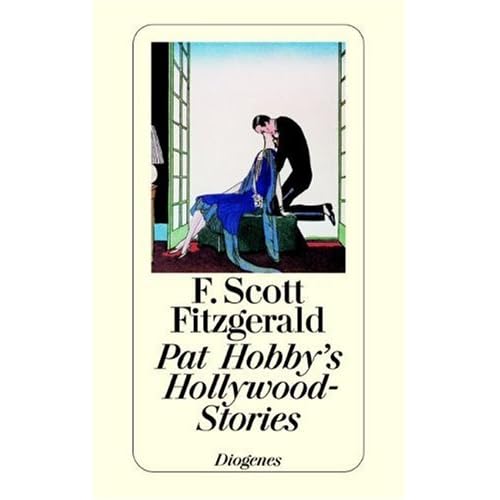 F Scott Fitzgerald's struggling screenwriter, Pat Hobby, is to get his name in lights after all. Variety reports that The Pat Hobby Stories, which were based on Fitzgerald's own experiences in Hollywood, are being adapted for the big screen. In the meantime we can look forward to the delayed release of David Fincher's film of The Curious Case of Benjamin Button. This is based on Fitzgerald's 1922 short story, which deals with the complicated love-life of a man who ages backwards. Read it in the collection, Tales of the Jazz Age.
F Scott Fitzgerald's struggling screenwriter, Pat Hobby, is to get his name in lights after all. Variety reports that The Pat Hobby Stories, which were based on Fitzgerald's own experiences in Hollywood, are being adapted for the big screen. In the meantime we can look forward to the delayed release of David Fincher's film of The Curious Case of Benjamin Button. This is based on Fitzgerald's 1922 short story, which deals with the complicated love-life of a man who ages backwards. Read it in the collection, Tales of the Jazz Age. Another literary titan who had a hard time in Hollywood is also making something of a comeback. Cinematical has news of a remake of William Faulkner's novel Intruder in the Dust (last filmed in 1949), and an adaptation of a short story called Red Leaves.
This would be an opportune moment to watch the Coen Brothers' excellent Barton Fink again, in which the character W P Mayhew is a composite of the two great writers.







